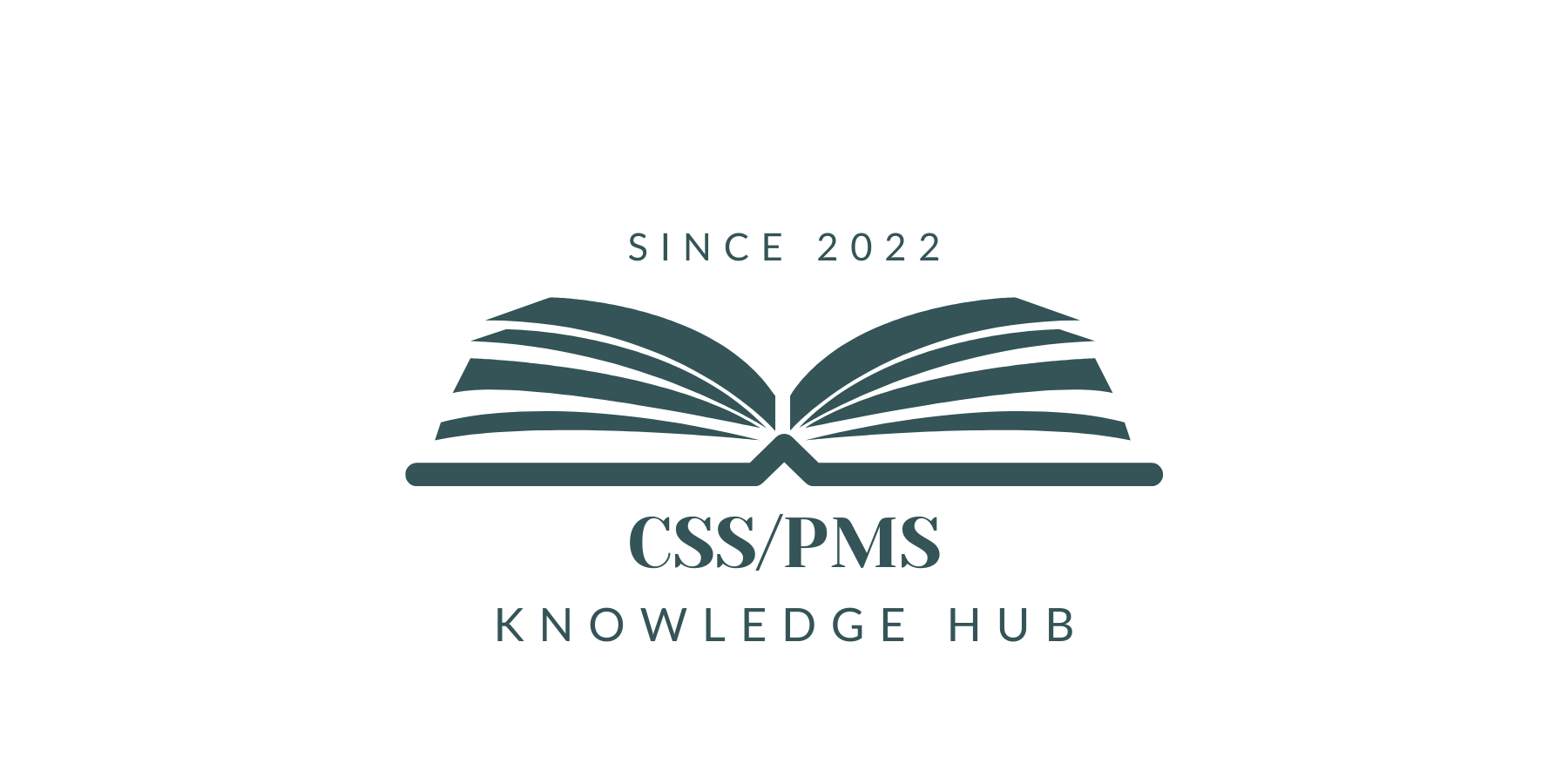Essay on Allama Iqbal for Students
For aspirants, here is an English essay on Allama Iqbal. Outstanding pupils from the 10th grade and graduates can also memorize it. Allama Iqbal’s essay is one of the most searched topics in Pakistan. He has been a great philosopher in Pakistan’s history. He is called Shayar-e-Mashriq in Pakistan. It means the poet of Pakistan. Because of his dreams and ideology, Pakistan rose on the map of the world. He clearly depicted the area which should be included in Pakistan. Students can use this essay to be ready for the yearly tests. Exams may ask you to write an essay on My Hero in History, Allama Iqbal, or My Favorite Poet. Additional English essays are accessible here.

1. Personal Life
Background
The famous poet, philosopher, and political activist Allama Iqbal was born in Sialkot, Punjab, in 1877. His ancestors belonged to Kashmiri Brahmans who had converted to Islam around 300 years prior. His grandfather’s family immigrated to Punjab during the Sikh Empire’s conquest of Kashmir in the nineteenth century.
Sir Tej Bahadur Sapru, a significant barrister and freedom fighter who would later grow to be an admirer of Iqbal, was an eighth cousin of Iqbal’s grandfather. Iqbal frequently referred to and honored his Kashmiri ancestry in his works. Iqbal frequently wrote about being “a son of Kashmiri-Brahmans yet (being) familiar with the knowledge of Rumi and Tabriz,” according to historian Annemarie Schimmel.
Sheikh Noor Muhammad, the father of Iqbal was a pious tailor who lacked formal education. He passed away in 1930. Moreover, Imam Bibi was his mother. She was a Kashmiri woman from Sambrial and was characterized as a kind and modest woman who assisted underprivileged people. She passed away in Sialkot on November 9, 1914. Iqbal adored his mother, and upon her passing, he wrote an elegy to reflect his grief.
Education
Allama Iqbal received early education in a conventional madrassa. Later, he enrolled at the Sialkot Mission School. He passed his matriculation from here. He graduated with a Bachelor of Arts (BA)in 1897 from Government College in Lahore. After two years, he received his master’s degree from Punjab University and was hired as a history, philosophy, and English instructor at Oriental College in Lahore. Later, he traveled to Europe to further his studies. After earning a degree from Cambridge, he went on to Munich, Germany for his Ph.D. and eventually passed the bar.
2. Influences and Efforts
Political Influence – essay on Allama Iqbal
Iqbal originally had a passion for politics while he was young. He was well-known among the Punjabi elite in the early 20th century. He had a strong relationship with Mian Muhammad Shafi.
Iqbal, Shaikh Abdul Aziz, and Maulvi Mahbub Alam were the first three joint secretaries when the All-India Muslim League (AIML) got an extension to the provincial level. And, Shafi had a key position in the structural organization of the Punjab Muslim League. Iqbal continued to be involved in the Muslim League. He did it while carrying his legal profession and poetry writing.
Iqbal maintained strong contact with Muslim political figures like Mohammad Ali Jouhar and Muhammad Ali Jinnah. He opposed Indian participation in World War I.
Iqbal criticized the mainstream Indian National Congress (INC), which he saw as being dominated by Hindus. Moreover, he was dissatisfied with the League when, in the 1920s, it became split between the pro-British group and the centrist group. The leader of the first one was Shafi and of the latter was Jinnah. Iqbal participated actively in the Khilafat Movement and helped create the Jamia Millia Islamia in Aligarh in October 1920. Mohandas Karamchand Gandhi also offered him the position of first vice-chancellor of Jamia Millia Islamia, but he declined, so Muhammad Ali Jauhar became the first Vice-Chancellor.
Jinnah, Iqbal, and the concept of Pakistan
Iqbal was ideologically different from the Muslim leaders in Congress. He had lost faith in Muslim League politicians. It was a result of the League’s factional strife in the 1920s. Iqbal came to the conclusion that only Jinnah was a political figure capable of upholding unity.
Iqbal was instrumental in persuading Jinnah to return to India and seize control of the League. He wanted to develop strong personal communication with Jinnah. Iqbal knew that only Jinnah could persuade Indian Muslims to join the League and face Congress and the British.
Iqbal advocated for regions with a majority of Muslims in 1930, but Jinnah had discussions with Congress throughout the decade. Jinnah didn’t formally support Pakistan until 1940. Some historians contend that Jinnah never truly sought the partition of India and instead always kept hoping for a deal with Congress.
Some historians argue that Iqbal influenced Jinnah to partition. They had really close communication with each other. In a letter delivered to Jinnah on June 21, 1937, Iqbal described his idea for a distinct Muslim state.
3. Iqbal’s Last Years and Death
Iqbal encountered a mystery throat condition in 1933. It happened after his return from a journey to Spain and Afghanistan. He devoted his later years to assisting Chaudhry Niaz Ali Khan in the establishment of the Dar ul Islam Trust Institute in the Jamalpur neighborhood of Pathankot. He had plans to fund the study of classical Islam and modern social science.
Iqbal was an independent Muslim state supporter as well. He stopped practicing law in 1934, and the Nawab of Bhopal gave him a pension. For spiritual instruction in his later years, he regularly traveled to Lahore to the Dargah of renowned Sufi Ali Hujwiri. Iqbal passed away in Lahore on April 21, 1938, after months of illness-related suffering.







